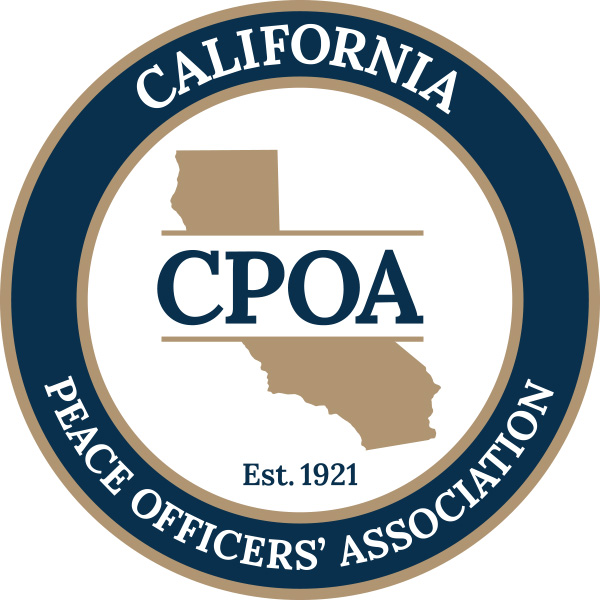By: Shaun Rundle, Executive Director.
On Monday, August 1st the Legislature returned from their month-long Summer Recess. They now have until August 31st to pass all bills to the governor’s desk.
A bill to allow jurisdictional “safe injection sites,” SB 57 (Wiener-D) is on Governor’s Newsom’s desk as we speak, and other legislation awaiting fiscal hearings include measures dealing with nuisance crimes, juveniles, bicycle stops, and domestic violence orders.
One of the final stages a bill reaches before full debate in the Senate or Assembly is a hearing in Appropriations Committees known as the “Suspense File.” This is a no-testimony hearing of high-cost bills with significant impact to the state’s General Fund.
Several pieces of legislation sitting on the Suspense File for hearings include:
SB 1000 (Becker)- Radio communications: Public release. requires, no later than January 1, 2024, a law enforcement agency to ensure any non-confidential radio communications are accessible to the public.
SB 1081 (Rubio)- Disorderly conduct. Expands the crime of unlawful distribution of a private image, also known as “revenge porn,” as it relates to a public figure.
SB 1087 (Gonzalez)- Catalytic converters. Prohibits any person from purchasing a used catalytic converter, including for the purpose of dismantling, recycling, or smelting, except from certain sellers.
SB 1223 (Becker)- Mental health diversion. Changes eligibility criteria for mental health diversion.
SB 1304 (Kamlager)- Prison release: allowance. Increases the amount of money an individual receives upon release from prison from $200 to $1,300 and requires the payment be adjusted annually for inflation according to the California Consumer Price Index, beginning January 1, 2024.
SB 1472 (Stern)- Sideshows. Defines “gross negligence” for purposes of vehicular manslaughter to include, based on the totality of the circumstances, participating in a sideshow, an exhibition of speed, or speeding over 100 miles an hour.
For bills deemed harmful to public safety, the Suspense File often acts as the place where measures die because they’re too costly to implement. If passed off the Suspense File, the bills will go for full debate in each house. To move past Suspense, however, it’s very rare for those bills to not be significantly amended.
Fortunately for our profession, there are no profession-altering proposals this year like SB 2 (decertification) last year, records release mandates in the prior years, and use of force application changes that we’ve witnessed in California.
All bills must pass the Senate and Assembly by August 31st, after which time the Governor has until September 30th to sign or veto each measure. If he does not sign nor veto a bill by his deadline, it becomes law on January 1st without his signature.
For a complete review of all bills likely becoming law January 1, 2023, be sure to register for one of CPOA’s Capitol to Communities: Legislative Impact classes.


